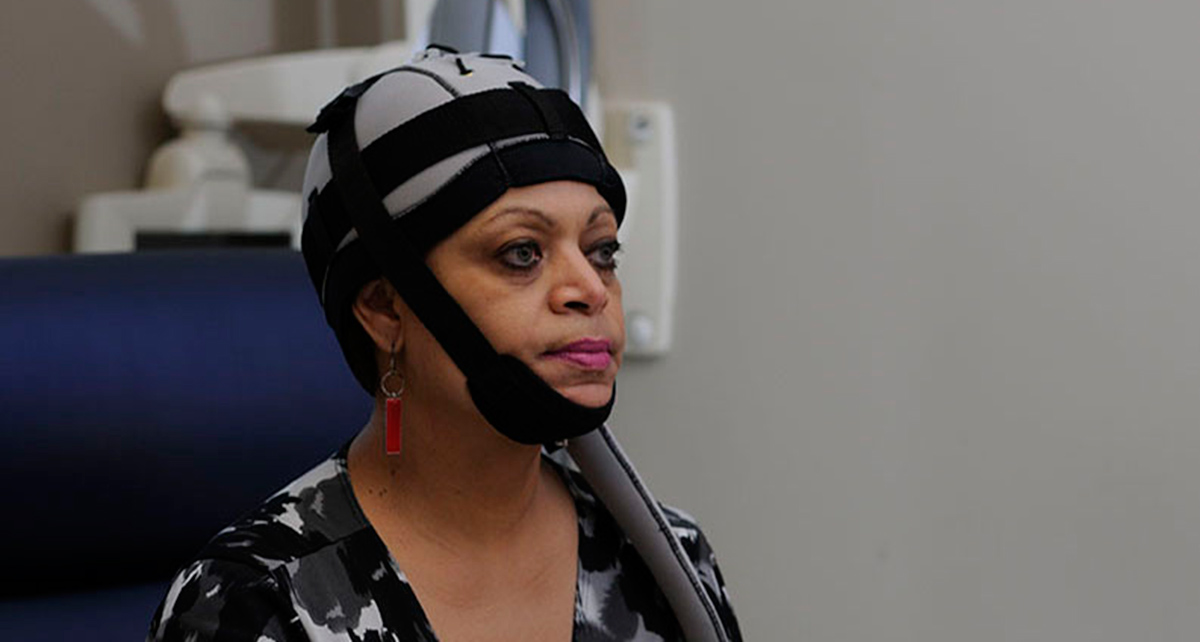A new pilot trial has found that broad population screening could help identify high-risk patients, ultimately aiding in the early detection of breast and ovarian cancers.
Researchers at Melbourne’s Peter MacCallum Cancer Centre screened 2,000 women who would not have ordinarily been considered high-risk – meaning, they lacked a family history of breast or ovarian cancers.
Their results displayed, rather shockingly, that one in every 200 women carried a BRCA1 or BRCA2 gene mutation, which put them at a very high-risk of developing the cancers.
“These are people who hadn’t come to us in the clinical services or who hadn’t presented because of their family history,” associate Professor Paul James said to the ABC.
Head of Peter Mac’s Cancer Genetics Laboratory, Professor Ian Campbell, also shared: “For every one person you detect with the screening, you would automatically identify another three to five mutation carriers as you extend the screening among their family.”
Damaged BRCA genes can increase the risk of breast and ovarian cancer in women by up to 85 and 65 percent respectively, and while women are only currently screened if someone in their family has been diagnosed, worryingly, about half of women with a damaged BRCA gene have no family history of the disease.
While the 17 out of 2,000 women in the trial discovered to have mutations were shocked upon hearing of their high-risk status, they agreed that full disclosure and awareness was of the utmost importance.
“They were upset that they were carriers, but ultimately they were all happy that it had been detected and hopeful that they can head off getting the cancer,” Professor Campbell said.
On the journey to making genetic testing routine for all Australian women, the Peter MacCallum Cancer Centre will now screen a further 10,000 participants. Their hope is that BRCA screening will be available in local practises within five years.
“This study could be extended to all women attending breast-screening services, but ultimately a risk-stratified screening could be introduced at the GP level with individuals at an age before most breast cancer is likely to occur; say age 30.”
Find out more about the new study from one of its participants in the video player below.


